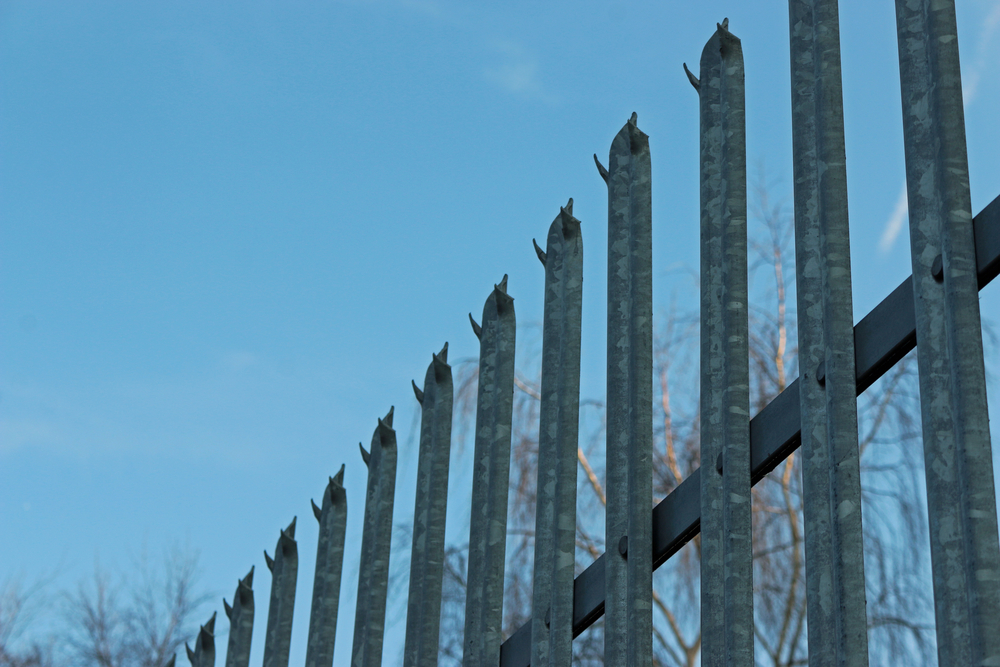Vacant properties, whether residential or commercial, present unique security challenges. Without anyone on the premises, these properties can become targets for vandals, thieves, squatters, and even accidental damage.
Protecting these assets requires a proactive approach, balancing cost-effectiveness with comprehensive security measures. Here’s a guide to the best strategies for safeguarding vacant properties in the UK.

Regular Inspections
One of the simplest yet most effective ways to protect a vacant property is by conducting regular inspections. These visits can help identify any potential security breaches, structural damages, or signs of unauthorised entry. Moreover, the presence of activity around the property can deter potential intruders who prefer targets that appear neglected. If you need a security inspection, Select Solutions are here to help.
Secure Doors and Windows
Ensuring that all entry points are securely locked is fundamental. Use high-quality locks and consider boarding up windows and doors for properties expected to be vacant for an extended period. For added security, use steel security doors and window screens that offer a higher level of protection against forced entry.
Install Alarm Systems
Alarm systems remain a crucial part of securing vacant properties. Opt for systems that provide real-time alerts to your phone or a security company. Modern alarm systems can detect break-ins, glass breakage, and even changes in temperature, indicating fire risks.
Utilise CCTV Surveillance
Closed-circuit television (CCTV) systems serve as both a deterrent and a means of collecting evidence in the event of a security breach. Wireless or cellular CCTV systems can be monitored remotely, allowing property owners or security firms to keep an eye on the property without being physically present.
Security Lighting
Well-lit exteriors can significantly reduce the risk of vandalism and burglary. Motion-sensor lights are particularly effective, as they can startle intruders and draw attention to their presence. Ensure that lighting fixtures are placed high enough to prevent tampering.
Employ Physical Barriers
Physical barriers such as fencing can significantly enhance a property’s security by restricting unauthorised access. Mesh security fencing is recommended for its durability and visibility.
Remove Valuables and Hazards
Remove any valuable items or materials from the property to reduce the risk of theft. Additionally, ensure that the property is clear of any hazards that could cause harm to unauthorised entrants or result in legal liability for the owner.
Install Timers on Electronics
Using timers to control lights, radios, or even televisions can create the illusion of occupancy, deterring potential intruders. This simple measure can be highly effective in preventing break-ins.
Consider Property Guardians
For longer-term solutions, property guardianship can be an excellent option. Property guardians live in the vacant property temporarily, providing a human presence that deters squatters and vandals. This arrangement can be cost-effective and beneficial for both the property owner and the guardian.
Engage with Neighbours or Local Community
Involving neighbours or the local community can provide an additional layer of security. Inform them of the property’s vacancy and ask them to report any suspicious activity. A community’s watchful eyes can be one of the best deterrents against criminal activities.

